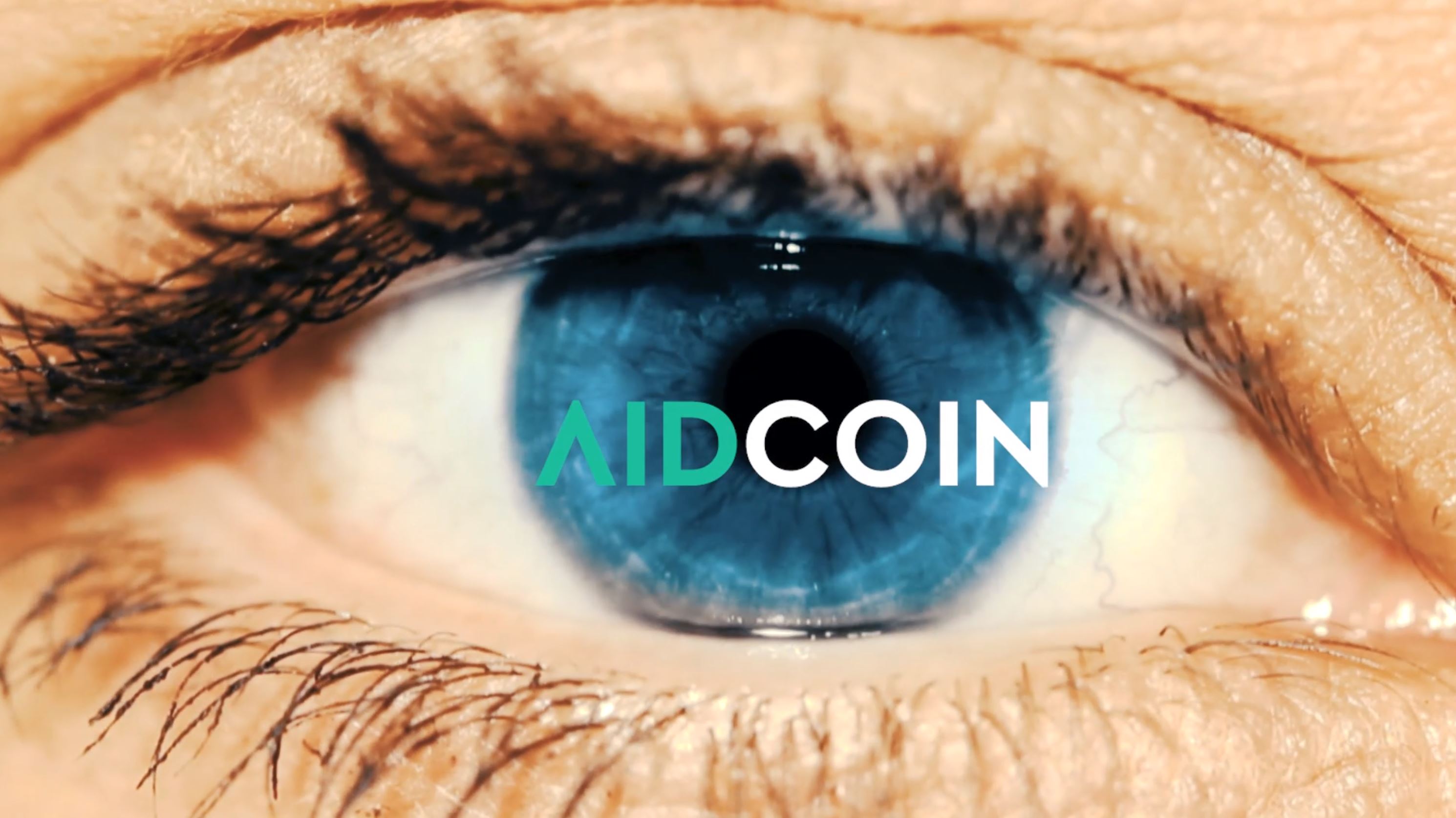AidCoin is an ERC20 token that aims to track charitable donations made through the Ethereum blockchain – making it easy for people to track the route of their money.
Transparency in charity is a problem. While there are a huge number of brilliant charitable organisations out there, knowing exactly where and how much of your donation made it from an organisation to a cause isn’t always clear.
A number of projects have been developed to make it possible to make donations and track donations via cryptocurrencies, including Bitcoin. BitGive was the first nonprofit in this space, allowing organisations including The Water Project and Save the Childen to accept donations in Bitcoin. There are monetary advantages to using cryptocurrencies here, because charities can save on the transaction fees charged by banks, but for donors, the key bonus is being able to track the donation on the blockchain – Bitcoin’s distributed and immutable public ledger. BitGive founded GiveTrack to handle this, creating a beta platform for nonprofits to take cryptocurrency donations, and share with donors how contributions are used.
A project founded by CharityStars, a European online charity auction platform (unusually) backed by venture capital, is now taking the concept to the next level.
Using a compliant smart contract token called AidCoin, built on the Ethereum blockchain, the idea is for donations to be made using AidCoin (rather than BitCoin or another crytocurrency). The tokens are then spent on the AIDChain platform, which provides the ecosystem of services that the non-profit community and organisations can utilise to receive donations, communicate with all actors, and run fundraising campaigns.
The smart contracts execute only when certain conditions are met. For example, if a project does not reach sufficient funding (e.g. 50 per cent of its goal), the tokens are refunded to the donors. Or the smart contract can hold the tokens in escrow until the charity has completed certain milestones – such as buying land needed to build schools, houses or health centres.
The company is also developing AIDPay, a payment gateway for AidChain companies to accept donations in many cryptocurrencies, which are then converted to AidCoin.
Initial Coin Offering
Most new cryptocurrency projects raise money for a new token by conducting a sale of their tokens.
AidCoin was no different, conducting a token sale, raising 14,333 ETH (16.5 million USD at the time, worth 8,742,500 USD at the time of writing) within minutes. 40 per cent of all tokens were sold during this time. The remaining 60 per cent were held for various other purposes – including retaining 10 per cent for liquidity within AirPool and a rather questionable and handsome 20 per cent allocated for the team, advisors, and early backers.
90 per cent of ICO funds raised were allocated towards progressing the project, with 10 per cent held in reserve for liquidity and potential future uses. Part of the success of the AidCoin token will be in achieving a liquid token, and the AidCoin team has focused on establishing the coin on major cryptocurrency exchanges, including Bitfinex and Bittrex.
The company’s roadmap indicates that the first AIDChain beta is in production, with a second beta due in the autumn of 2018, and the final product completed by the end of the year.
The Economic Model – Does It Add Up?
AidCoin has a business plan with two possible fee models. The first is a clip-the-ticket approach, charging a small set of fees on transactions within the AIDChain platform. The second is freemium style approach for both charities and donors. Charities can raise funds to a limit for free, but beyond a certain point will need to pay a subscription fee. Donors may subscribe for free, or pay a small AidCoin fee to access more premium features to better help them decide on their donation path.
RESET.org spoke with AidCoin at the recent Blockshow Europe 2018 conference in Berlin, where the company indicated it was, curiously, a for-profit company, despite operating in the nonprofit sector.
Every indication is that parent company CharityStars is also a for-profit organisation, despite also being a platform designed to raise money for charity via their auction platform.
How does that compare to other organisations and charities? Well, it’s a little unclear. All charities use some proportion of donations to pay their staff to manage donations. Even the best charities may still only send 85 per cent of donations to the charitable need, with the rest utilised for running the program. Nobody expects staff in charities to go unpaid, and charities may elect to attract better talent to ensure donations are used as efficiently as possible.
Among the many questions surrounding AidCoin, the fact it is a for-profit company raises a few flags. Being able to track charitable donations via smart contracts would appear to be great idea on paper, but this execution raises questions that this is any better than the current system, if you’re willing to spend the time researching how to best donate your money.






